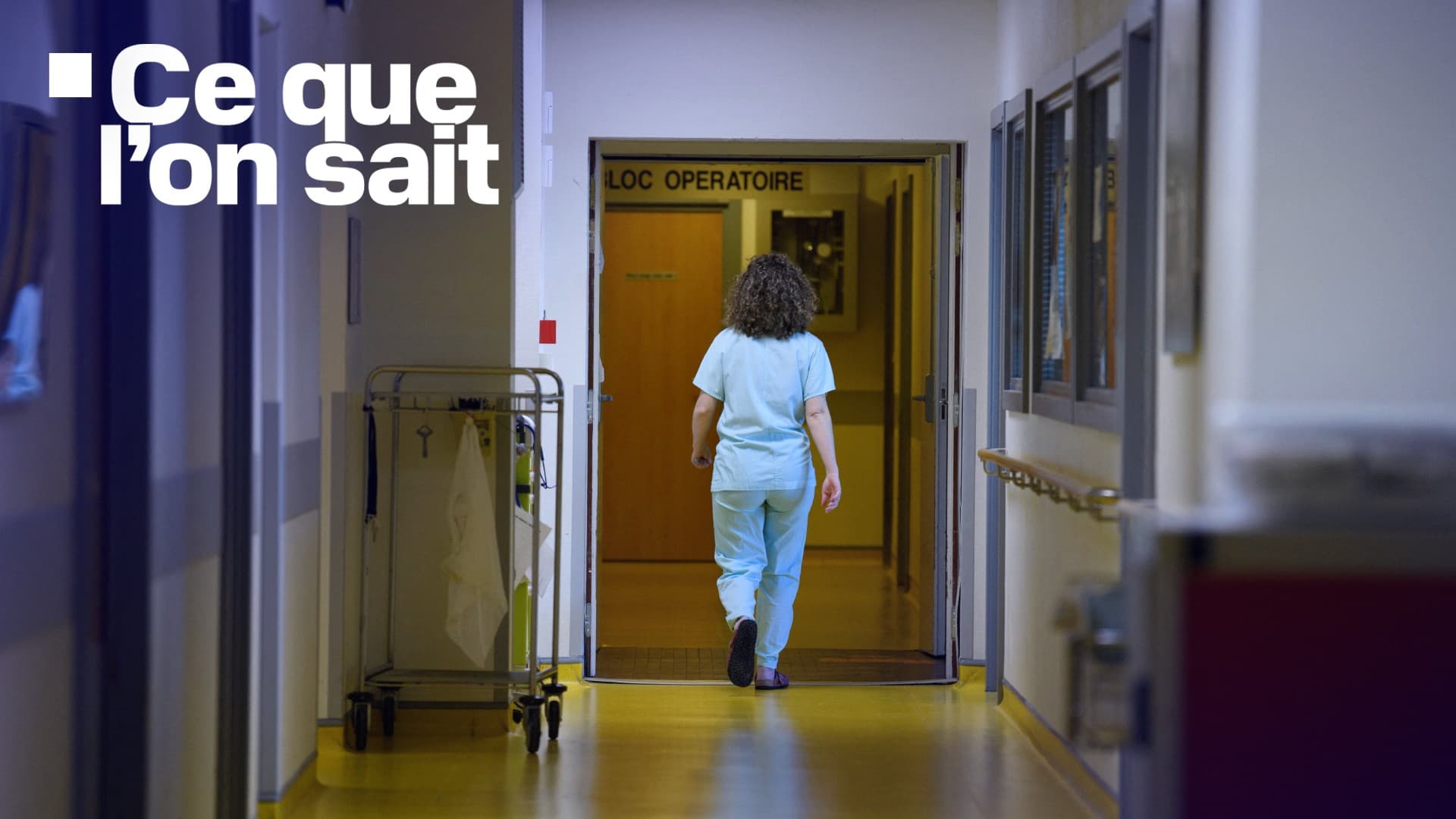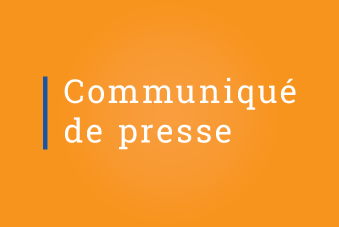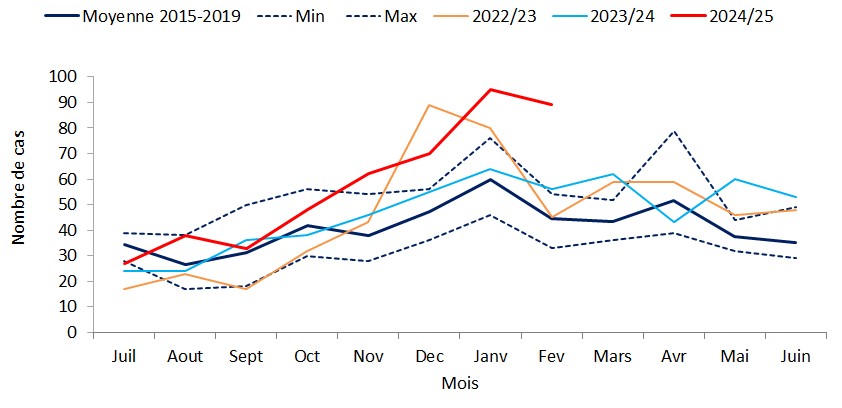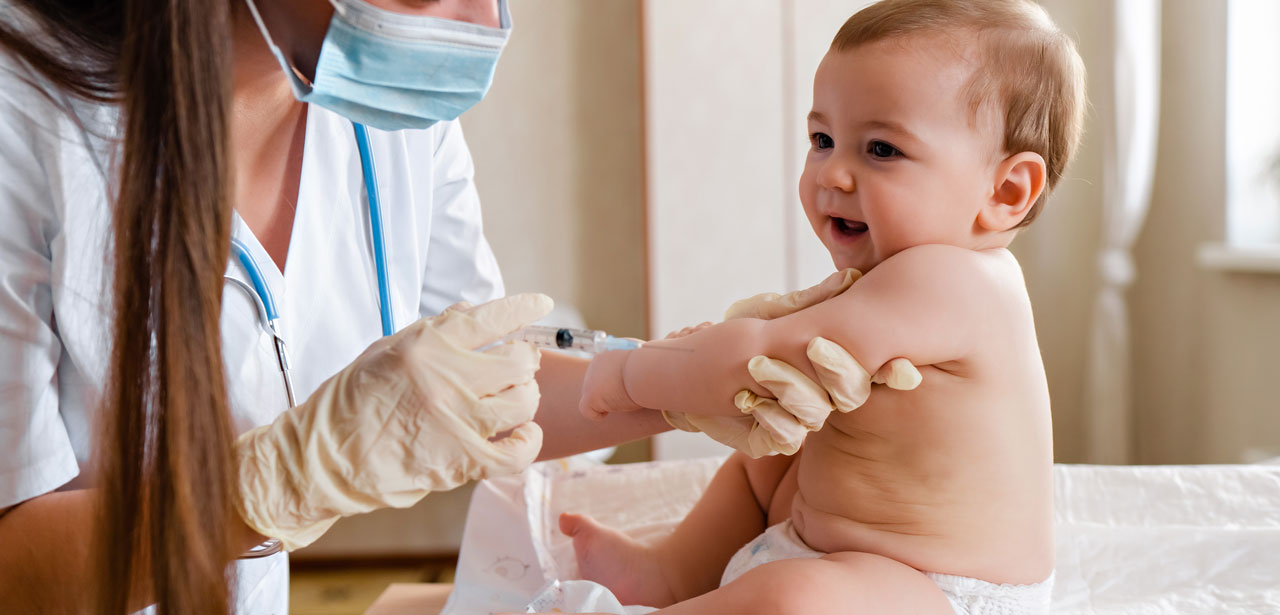France boosts meningitis vaccinations to fight rise in deadly infections
France has expanded its vaccination programme against meningococcal disease from 1 January in response to a rise in cases, particularly among children and teenagers who are more vulnerable to severe forms of meningitis.
Issued on: 01/01/2025 - 16:03
By: RFI
... From January to November 2024, more than 500 cases of meningococcal disease were reported in France, the highest in over two decades and slightly up from 2023. ...
France has expanded its vaccination programme against meningococcal disease from 1 January in response to a rise in cases, particularly among children and teenagers who are more vulnerable to severe forms of meningitis.
Issued on: 01/01/2025 - 16:03
By: RFI
... From January to November 2024, more than 500 cases of meningococcal disease were reported in France, the highest in over two decades and slightly up from 2023. ...














Comment